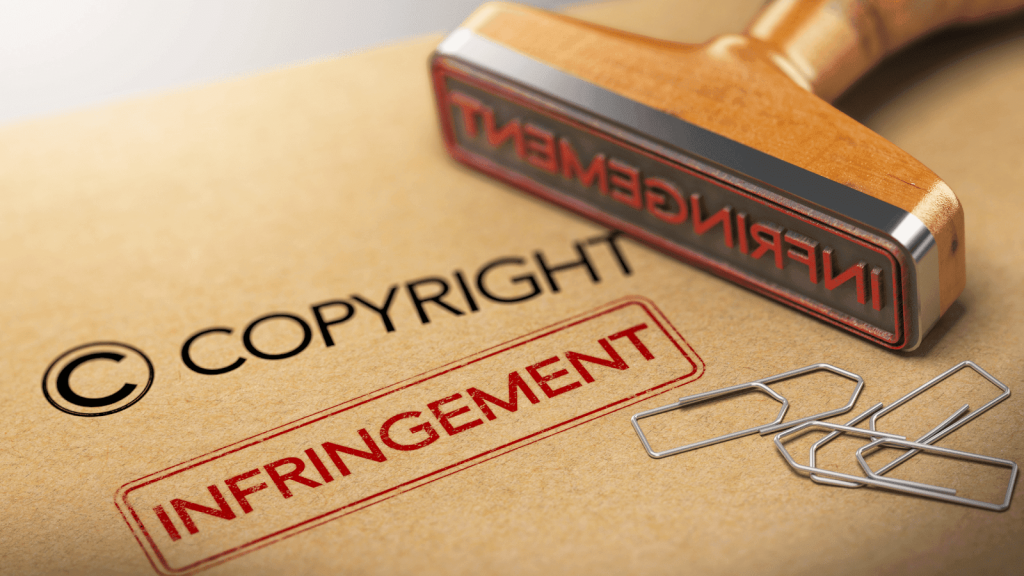In Northern Ireland, McPartland & Sons Solicitors have seen many small business owners fall victim to intellectual property theft. It’s a serious issue that can have devastating consequences for your business. That’s why it’s crucial to take steps to protect your intellectual property.
This article provides a guide for small business owners on how to protect their intellectual property.
Understand Your Intellectual Property Rights
The first step in protecting your intellectual property is to understand what it is and what your rights are. Intellectual property includes trademarks, patents, copyrights, and trade secrets. Each type of intellectual property provides different protections and rights.
For example, a trademark protects your brand name, logo, or slogan, while a patent protects your invention. Copyrights protect your creative works, such as music, books, and software. Trade secrets protect confidential information that gives you a competitive advantage.
Understanding these different types of intellectual property and the rights they provide is critical in developing a protection strategy.
Conduct a Trademark Search
Once you understand your intellectual property rights, the next step is to conduct a trademark search. This search helps you identify any potential trademark conflicts before you invest in building your brand.
A trademark search involves looking for similar marks already registered or in use in your industry. If you find any conflicts, you may need to choose a different brand name, logo, or slogan.
File for Trademark Protection
Once you’ve conducted a trademark search and confirmed that your brand name, logo, or slogan is available, the next step is to file for trademark protection. This process involves applying to the Intellectual Property Office of Northern Ireland (IPO NI).
Filing for trademark protection gives you exclusive rights to use your brand name, logo, or slogan in connection with your products or services. It also makes it easier to enforce your rights if someone tries to use your brand without your permission.
Keep Your Trade Secrets Confidential
Trade secrets are valuable assets that give your business a competitive advantage. To protect your trade secrets, you need to keep them confidential. This means limiting access to sensitive information and requiring employees, contractors, and vendors to sign non-disclosure agreements (NDAs). NDAs prohibit them from sharing confidential information with anyone outside the company.
Register Your Copyrights
If you create original creative works, such as music, books, or software, you will need to register your copyrights. Copyright registration gives you exclusive rights to reproduce, distribute, and display your work.
To register your copyright, apply to the Copyright Registration Office in Northern Ireland. Once your copyright is registered, you can enforce your rights if someone infringes on your work.
Monitor Your Intellectual Property
Once you’ve taken steps to protect your intellectual property, it’s essential to monitor it regularly. Monitoring helps you identify potential infringements and take action to protect your rights.
You can monitor your intellectual property by conducting regular searches for similar marks, reviewing your online presence, and tracking your competitors’ activities.
Enforce Your Rights
If someone infringes on your intellectual property rights, you need to take action to protect them. This may involve sending a cease-and-desist letter, filing a lawsuit, or negotiating a settlement.
Enforcing your rights can be expensive and time-consuming, but it is necessary to protect your business’s reputation and future success.
Protecting your intellectual property is essential for the success of your small business. By understanding your rights, conducting a trademark search, filing for trademark protection, keeping your trade secrets confidential, registering your copyrights, monitoring your intellectual property, and enforcing your rights, you can safeguard your business and its future.
If you have any questions or need legal advice, you can consult with the team at McPartland & Sons Solicitors who have experience in intellectual property law in Northern Ireland.
Related Blogs:
Your employment rights as a agency worker
Problems with your landlord – how a solicitor can help

